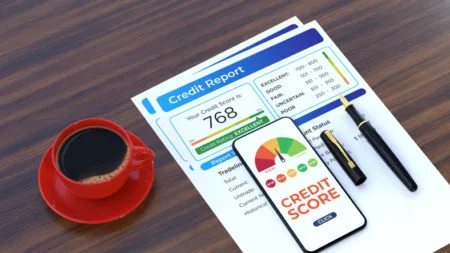Whilst an accountant can bring a lot to your business, it is not always essential to have one.
You might assume that if you’ve set up a limited company you need an account, but in fact by law you’re not required to have one. Having a limited company does however come with its bureaucracy, including preparing an annual set of accounts which need to be filed with Companies House, and completing a full set of corporate tax accounts to show HMRC – which for many can be onerous , time consuming and often frustrating. This might have you wondering whether having an accountant is worth the cost, and what they can offer you beyond combining accounts and submitting your VAT returns.

What will an accountant do for you and your business?
An accountant will help you with a wide range of duties and services, which will differ from accountant to accountant – so make sure what services are included.
Services could include:
- Registering the company with the relevant tax departments – VAT, Corporation Tax, PAYE
- Setting up and running the company payroll, in line with the Real Time information (RTI) rules
- Monthly book-keeping (with online accounting, you may prefer to do this yourself and save extra fees)
- Dealing with the authorities on an ongoing basis (HMRC, Companies House)
- Providing tax planning advice
- Offering dividend advice
- Providing professional references for mortgages, lettings, and other services
Do I need an accountant to get a mortgage if I am self-employed?
The majority of mortgage lenders will accept your self-assessment tax returns as proof of income, without the input of an accountant and. However, if you want to use company accounts as proof of income (which could be advantageous over tax returns in some scenarios) then the company accounts will need to be prepared by a suitably qualified accountant.
Most lenders will want you to have 2 to 3 years of trading history and accounts to show suitable evidence of the performance of trading and profit, and some specialist lenders may help those who only hold one year of accounts. For the latter, you will definitely need those accounts to be prepared by an accountant.
What proof of income will I need to show a mortgage lender if I am self-employed?
- For most sole traders or limited company directors, lenders will want Tax Calculation Summaries (also/formerly known as SA302s). Tax Calculations simply show a summary of your total income from each source (employment / self employment / dividends / land & property etc). If you submit your own return you can download these from the HMRC portal, whilst if an accountant does this for you they will usually provide these documents from their own software.
- Most lenders will also require Tax Year Overviews which confirm whether your tax account is up to date and how much you have paid. These can only be obtained from the HMRC portal.
- For shareholders in LTD companies and LLP’s, some lenders may require that Annual Company Accounts are formally made up by a certified accountant in addition to submitting your Tax Calculations. If accounts are requested, they should be full and finalised, not abridged (filleted) or draft.
If you choose to have an accountant, it is important to flag that many lenders are likely to require the accountant to be certified or chartered, which could be from a range of qualifying bodies, such as The Institute of Chartered Accountants (ACA/FCA) or The Association of Chartered Certified Accountants (ACCA/FCCA). There are a range of qualifying bodies and it is advised that you check this either directly through the mortgage lender or through your mortgage advisor.
Here at Mortgage Medics we’ve been helping self employed individuals get mortgages for over 15 years, so if this has got you thinking about moving, remortgaging, or your finances generally, we’d love to hear from you. Get in touch and we’ll be help you understand what’s possible, or sign up to our monthly newsletter, to keep your finger on the pulse.
William Sproule – 13th March 2023











 Production
Production